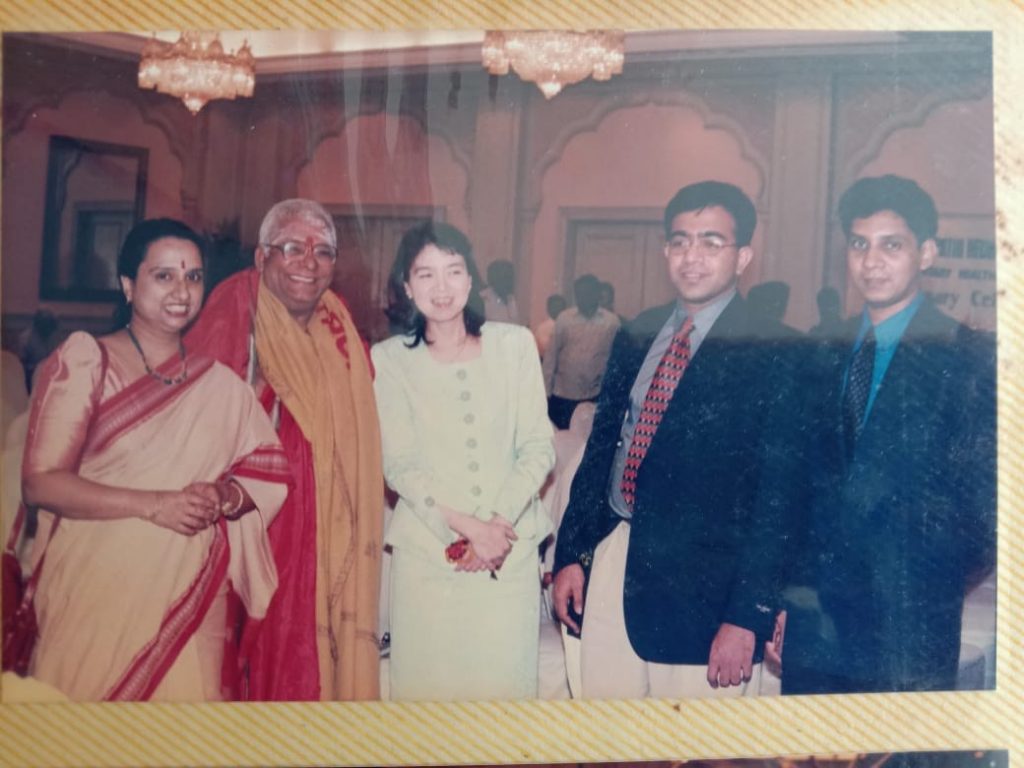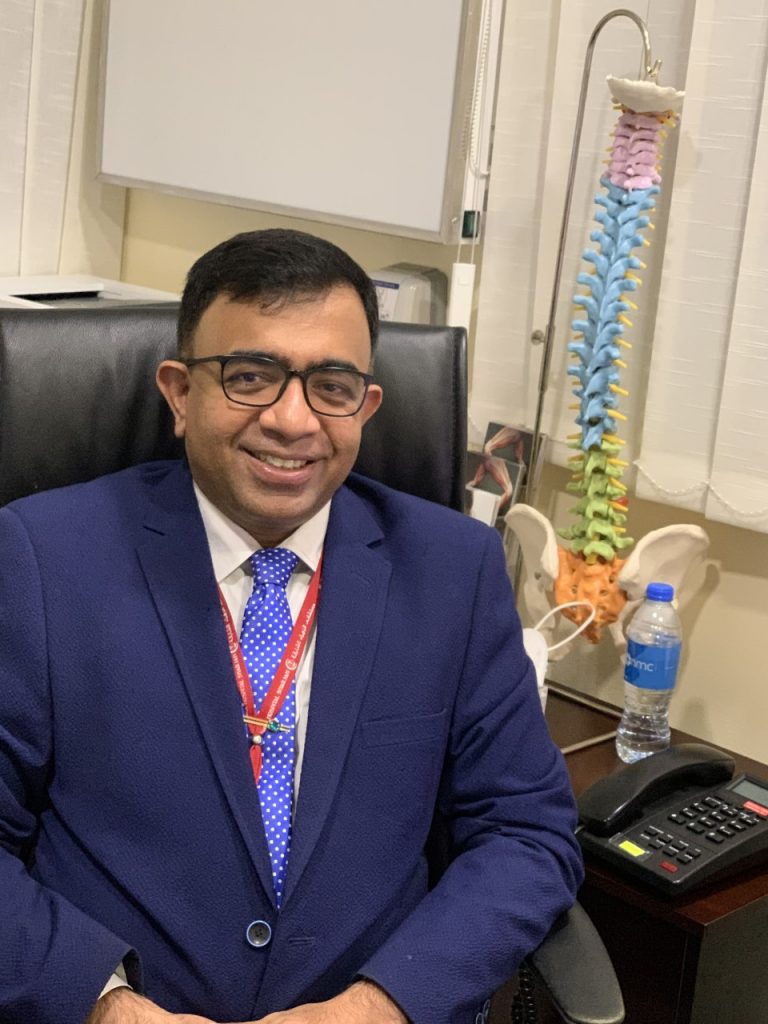



Clareto Monsorate, Dubai
UAE-based neurosurgeon Bobby Jose said he chose to complete his studies in Japan because he felt the neuroradiology practice was a team effort and “was practiced exclusively by the neurosurgeons.”
Jose told Arab News Japan that the country had a “special place” in his heart, adding that he enjoyed the six-month training program in 1996.
During his tenure at the Fujita Health University, Jose said he had the opportunity to train under the world-renowned interventional neurosurgeon Professor Makoto Negoro.
Jose said he learned the art of patience, persistence and passion from Negoro.
“Sometimes it used to take 5 to 6 hours to finish a case, but he always made sure that the result was perfect and the patient is safe at the end of the procedure,” he said. “He used to push his fellow doctors to try until the perfect end result was achieved.”
Speaking on the current COVID-19 pandemic, the UAE-based doctor said Japan has been “mostly successful” in identifying coronavirus clusters and isolation.
Jose added that the country has managed to tackle the virus “without overburdening the healthcare system.”
“The Japanese culture of bowing to each other and not hugging and shaking hands would have also contributed to arresting the spread of the disease,” he said.
The punctuality in Japanese culture was what Jose said impressed him. He explained that during his daily morning clinical briefing at 7 am, people would be prepared five minutes in advance.
Like most people it took Dr. Jose time to adjust to the Japanese food culture. “I was reluctant to try the local Japanese cuisine — like the sushi — but as time passed by I really enjoyed it and in fact I realized that the food was so fresh and clean that I never ever suffered an upset stomach.”
Dr. Jose says he enjoyed every moment of the six months he spent in Japan.
“If the opportunity to go back ever comes knocking on my door again, I will gladly accept it,” Jose said.